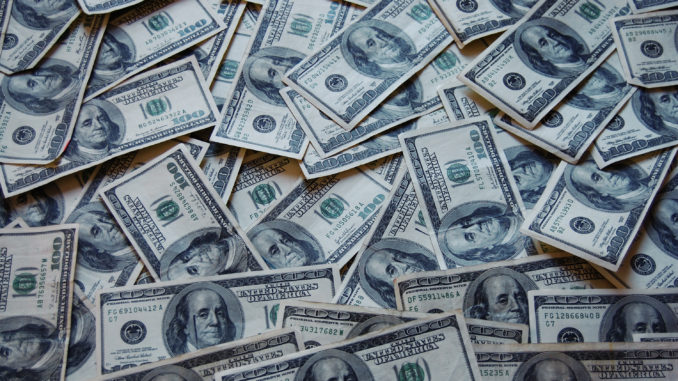
The United States has an official unemployment rate which is historically low, around 6%.
The United States is dealing with a worker shortage, with many industries struggling to find workers. Not just highly skilled workers, either; entry-level positions are having trouble filling vacancies.
The 22 million jobs lost during COVID-19 have been partially recovered, with about 14 million returning.
The Dow Jones index has nearly doubled following the COVID-19 crash to 19,200 of March, 2020, regaining its record territory and soaring even higher; it is now at more than 34,500 after being under 24,000 last year around this time.
Some of these facts may seem contradictory, but they are real, and they can be explained. The unemployment and stock market figures can be explained simply: they aren’t based on actual production or employment. They are contrivances, with unemployment being a statistical trick created by excluding large segments of the adult population from being counted as potentially employed and the stock markets not being a measure of business productivity or growth but simply a hard reflection of investment money… a figure which has been artificially raised through low interest rates and the threat of inflation pushing people toward stock purchases.
This leaves the issues of diminished workers amidst an excess of job openings. Articles from the Wall Street Journal, New York Times, Business Insider, Washington Post and others point to the high rate of unemployment insurance compensation and the recovery payouts as a key factor. While the desperately needed money helped many struggling families through the worst of the pandemic, it simultaneously incentivized many younger adults without large bills (generally, those living at parents’ homes – 52% of all young adults, per Pew Research) and second-income adults to stay at home rather than return to the work force.
What few are saying, although it seems obvious, is that what we are seeing is the first country-wide, practical test of Universal Basic Income. There have been predictions that it will not cause worker shortages, that people will instead seek out positions which will fulfill their desires and that job compensation will shift to accommodate the labor market. While that may yet happen, any such shifts may be accompanied by massive inflation or the loss of certain industries, like fast food and retail. This is the perception which should color arguments moving forward about whether additional blanket payouts are appropriate and what the effects of raising the minimum wage or forcibly increasing union membership might be.
